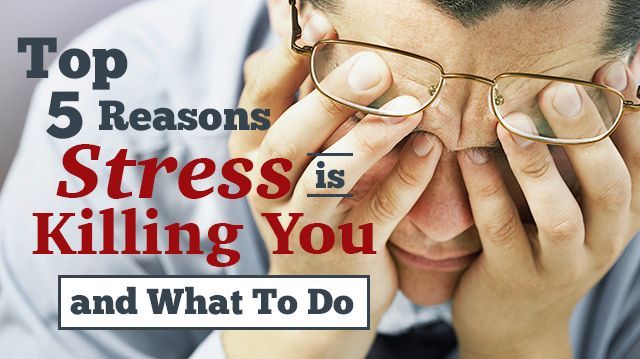
The National Institute of Mental Health (NIMH) defines stress as “the brain’s response to any demand.” When the demands of the outside world overwhelm us, we get stressed. The brain triggers our body’s natural fight-or-flight response; this can even be helpful in certain situations. However, chronic stress can lead to disease.
We agree with the NIMH. Stress is our brain’s response. We’d take it one step further and say, you experience more stress being constantly in your brain: Your brain is where you think, analyze, and worry. The Kelee® Foundation, calls this brain function. There is a difference between being in the brain, and being in the mind.
The brain is about doing, and the mind is detached from the doing — calm and quiet.
We experience calmness in mind, or mind function. When we can feel the freeness of our mind, we let go of the stress in our heads. The mind flows and experiences life, and if we learn how to access our mind, our experience of life changes — it gets better. With its calming influence, our mind balances stress in the brain, and our mind balances stress in the body.
There is a distinction between the brain and the mind
Today’s world is filled with many sources of stress. I’m sure we all can think of a few. The mind reduces stress. How do you get into your mind? Kelee meditation is a practice that shows you how to drop into your mind via the anatomy of the Kelee.
Wouldn’t operating from a calm space be better for you?
Being stressed over time can lead to:
- Heart Disease: Stress can lead to heart disease. A 2015 study published in the British Medical Journal (BMJ) showed that adolescents who had a low resilience to stress, had more coronary heart disease (CHD) in middle age. It seems that how well we handle stress is important.
- Obesity: Chronic stress can lead to weight gain due to the emotional eating we experience when stressed.
- Diabetes: The fight-or-flight response to stress causes increases in blood sugar. This is so we have instant energy to “fight” or “flight” from what is coming at us. However, when stress is chronic, this constant high blood sugar leads to disease.
- Anxiety: Stress can lead to anxiety. Stress can lead to increased worries and fears associated with anxiety.
- Depression: According to the NIMH, “Illness-related anxiety and stress can also trigger symptoms of depression.” In other words, having heart disease, diabetes, or cancer can lead to depression, too.
Doing Kelee meditation reduces stress, anxiety, and depression. When you do this practice you get out of your brain, the overthinking, the anxiety, and the stress, and into the calmness of mind.
Dr. Daniel Lee, clinical professor of UCSD Medical Center and School of Medicine says, “Stress is a common problem for everyone. In Medicine, we tend to focus on diagnosing and treating diseases, but it is stress of the mind and physical body that underlies the development of all medical diseases. Getting out of the tension of the brain and into the calmness of the mind is key in reducing stress. If you reduce mental stress, you will calm down the physical body and allow for physiological rest to occur. Over time, this will allow the natural homeostasis (balance) of the entire body to be restored, rather than constantly stimulated by adrenaline from being in a constant fight-or-flight response.”
A 2013 medical study, led by Dr. Lee, showed a highly statistically significant decrease in stress, anxiety and depression in patients who completed 12 weeks of Kelee meditation, twice daily.
Kelee meditation is a five-minute meditation practice. Wouldn’t you like to free yourself from stress? Download this easy-to-follow manual, Kelee Meditation: Free Your Mind.
—Nikki Walsh
Nikki Walsh is a freelance writer and mom of two kids living in Southern California. She holds an MBA in marketing from University of California, Irvine and a bachelor’s degree in Biochemistry from UCSD. She has been practicing Kelee meditation for 19 years. When she is not writing she can be found out and about having fun with her kids.
©2016 printed with permission from the Kelee® Foundation
Sources:
www.thekelee.org
https://www.nimh.nih.gov/health/publications/stress/index.shtml/index.shtml
http://www.ncbi.nlm.nih.gov/pmc/articles/PMC4396533
http://www.nimh.nih.gov/health/topics/anxiety-disorders/index.shtml
https://www.nimh.nih.gov/health/publications/chronic-illness-mental-health-2015/index.shtml

